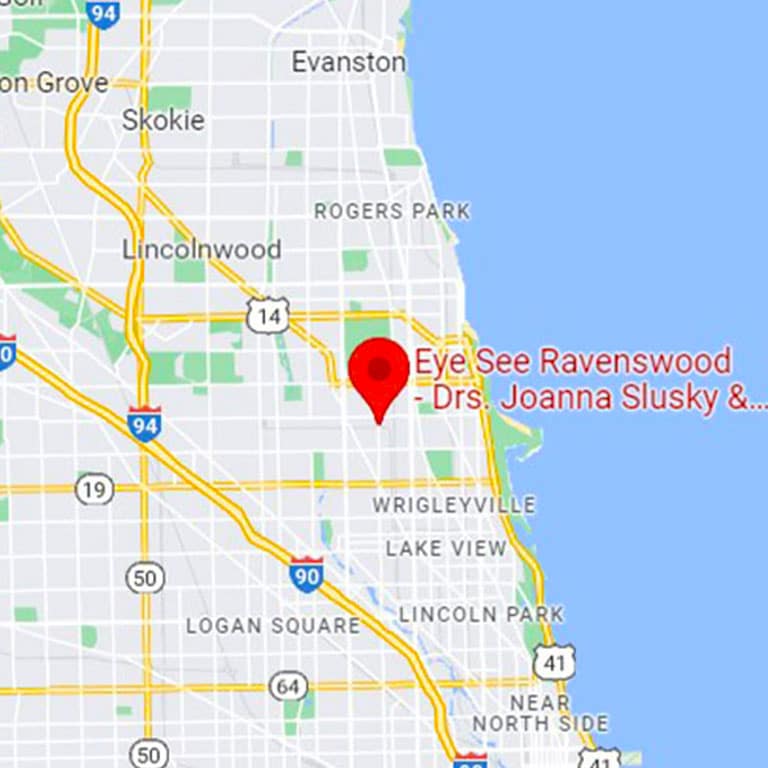Tips for Adjusting to Life With Glasses
When given the right prescription, eyeglasses can let you see clearly and accurately despite having a vision problem. While you can look forward to normal vision and say goodbye to squinting, blurry vision, and eye strain, your initial experience with new glasses may be less than perfect. Your eyes will need time to adjust to artificial lenses as you adapt to a new routine that involves wearing the devices regularly. While the process can be frustrating, knowing how to handle these changes can help you smoothly transition to a life with better vision.
Andrea J. Stein, OD, of Eye See Ravenswood specializes in providing professional optometry services. After a comprehensive eye exam, Dr. Stein will diagnose the source of your eye problems and provide the prescription you need to achieve corrected vision. Read on to learn tips for dealing with some of the most common issues that can arise when you begin wearing glasses.
Be prepared for distorted vision in the short-term
It can be devastating if you put on your new glasses and they don’t deliver the promise of normal vision that you anticipated. In some cases, your vision may feel worse with your new glasses than without them. Rest assured this is completely normal for some patients at first.
You may not enjoy the benefits of improved vision immediately because your eyes haven’t had enough time to adjust to the artificial lenses. If you lived with imperfect vision for a long period before getting glasses, your eyes may be trained to compensate for your vision problem. It can take time for your eyes to learn to relax and let the lenses do the work.
You may have a few headaches in the beginning
With new glasses, your eyes will go through a process to adjust to the lenses. As your eyes go through this process, your eye muscles can get overworked. This can result in headaches and pain in your eyes, forehead, and temples.
Do note, though, that headaches can also indicate that your glasses weren’t made to the requested prescription or that they don’t fit properly. If your headaches continue for more than a few days, contact Eye See Ravenswood so you can have your prescription checked.
Short-term adjustments can prevent dizziness
You might feel dizzy or nauseous as your brain learns to interpret the visual world through your new lenses. This can occur as your brain tries to keep up with your eyes as they move from one object to another. The sensation may make you feel like you’re in constant motion.
Dizziness and nausea are also common with new bifocal lenses, which have prescriptions for close-up work and distance viewing in one lens. The same can happen with progressive lenses, which combine prescriptions for close-up work, distance viewing, and computer work. These types of lenses require your brain to recalculate quickly as you switch between prescriptions.
To help prevent dizziness as you adjust to these lenses, try turning your head toward the object you want to see instead of moving your eyes toward it. Until your eyes adjust to your bifocal or progressive lenses, you should take extra caution when walking down steps.
Don’t give up
It can take up to two weeks for your eyes to adjust to your first pair of glasses. Don’t give up and stop wearing your glasses if you’re frustrated by discomfort or other symptoms. Doing this will extend the period of adjustment.
For the best results, follow Dr. Stein’s recommendation for the length of time you should wear your new glasses during your transition. Always keep your glasses clean to ensure that smudges don’t cause distortion. Avoid bending your frames or scratching your lenses — which can blur images — by storing your glasses safely in a case.
If you don’t notice progress within a week, contact Eye See Ravenswood. And until you’re comfortable wearing your new glasses, avoid driving and other activities in which distorted vision can interfere with your safety.
Dr. Stein and the staff of Eye See Ravenswood want to ensure that your transition to a life with glasses occurs as smoothly as possible. To find out how glasses can help you achieve better vision, book an appointment online or over the phone today.







Leave a Reply
Want to join the discussion?Feel free to contribute!